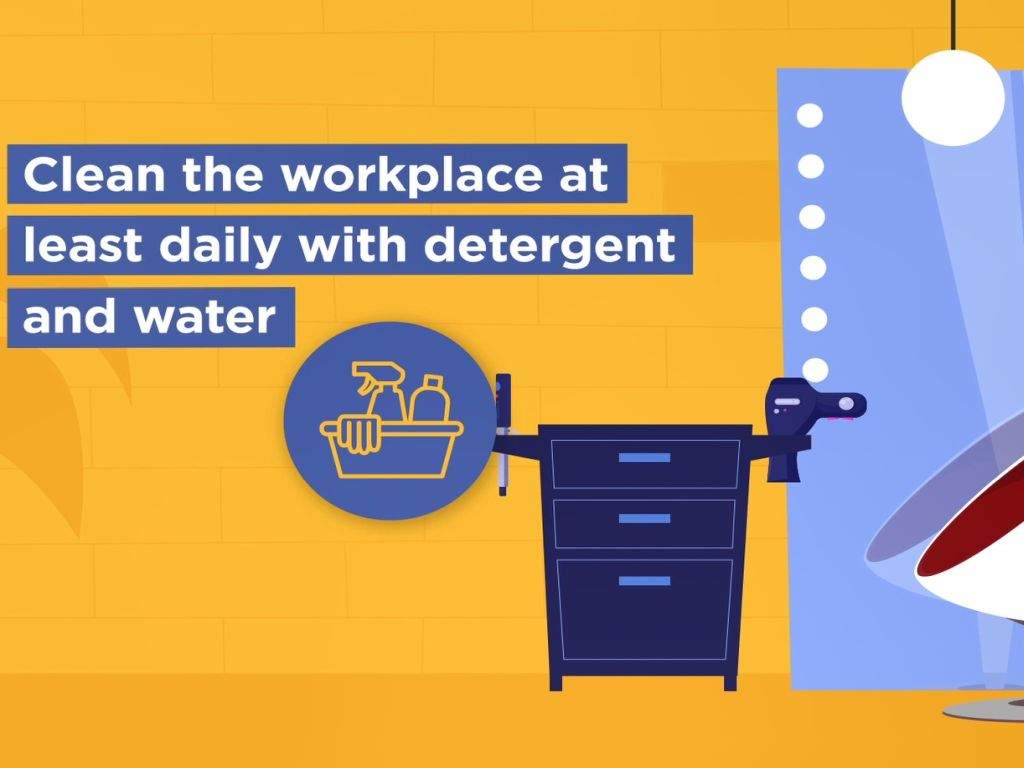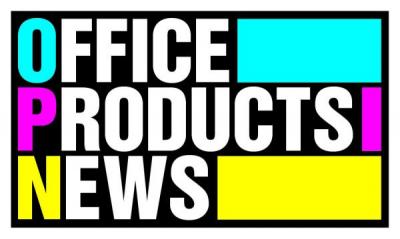Ten NSW firms awarded grants for PPE production

$5 million boost for local manufacturing.
Ten NSW manufacturers have received a share in $5 million of NSW Government funding to produce personal protective equipment (PPE) to support domestic and international markets through COVID-19 and boost local jobs.
NSW Deputy Premier John Barilaro said the grants of up to $500,000 each have enabled the production of face masks, gloves, disinfectant and medical-grade handwash and soap.
“When COVID-19 first hit last year, we realised how important it was for Australia to reduce its dependence on PPE imports and to shore up local manufacturing for our future needs,” Barilaro said.
“The demand for PPE remains high both here and internationally and the NSW Government is pleased to support our local businesses to pivot from their traditional practices and produce the materials desperately needed for export.
“NSW’s management of COVID-19 has provided an opportunity for innovative home-grown businesses to not only support Australian citizens with PPE, but to export these critical products to our international neighbours.
“These grants are supporting companies across NSW, including five regional businesses, to create new jobs, boost local economies and strengthen our manufacturing export capability in the longer-term,” he said.
Envirus joint venture
Envirus is a new joint venture enabled by the funding between Newcastle-based industrial PPE manufacturer Maddison Safety and wetsuit manufacturer Sharkskin International.
The funding has supported the businesses to purchase additional machinery and equipment to increase their capacity to retool and produce P2 face masks, with Sharkskin focusing on the business to customer market and Maddison Safety the business to business market.
Tim Maddison, managing director of Maddison Safety and Shane Holiday, managing director of Sharkskin International, said the grants are a “great initiative” for Australian manufacturing.
“The grant has supplemented the investment we made during the height of COVID in 2020, helping us to purchase new machinery and secure more staff and training to keep up with demand,” Maddison said.
“While COVID-19 has impacted domestic business in our traditional markets Sharkskin International’s domestic manufacturing of PPE grant will help the business to scale-up production and further pursue international markets,” added Holiday.
Workplace hygiene now a priority
Poor workplace hygiene is becoming a major issue for employers as an increasing number of workers split their time between home and office.
For the hybrid model to work, employers will undoubtedly have to work hard to entice staff members back as COVID-19 has cast an unflattering spotlight on the bad workplace hygiene of the past.
Stained carpets, dusty desks, leftover rings from coffee cups, overflowing bins, and questionably washed kitchen cutlery were a standard feature in the spaces where office workers spent many hours each week.
A white paper from cleaning company GJK Facility Services says cleaning must be more frequent and visible than ever, with a priority on frequent touchpoints.
Physical changes will potentially also see the death of hot desking as employees will no longer put up with the awkward daily desk shuffle.
Some recent innovations include automatic lift buttons, which can be operated by waving a hand in front of a sensor to avoid contact.
There are also smart buildings that enable users to save their preferred settings for things such as lights and temperatures so they activate automatically when they’re at their desk or booking shared spaces like meeting rooms.
Read results of new Essity survey in separate story.
Date Published:
13 July 2021

